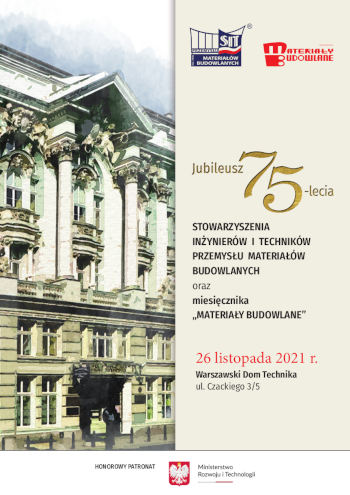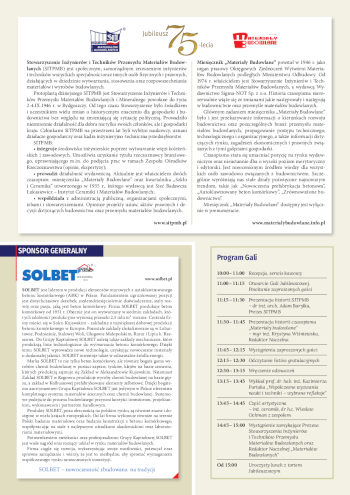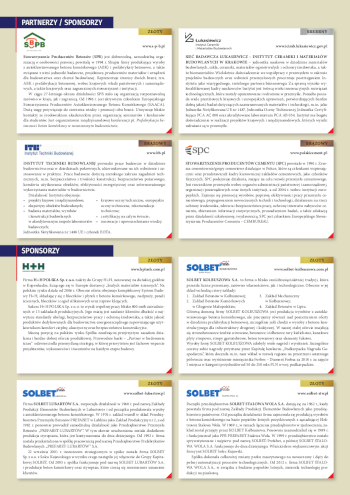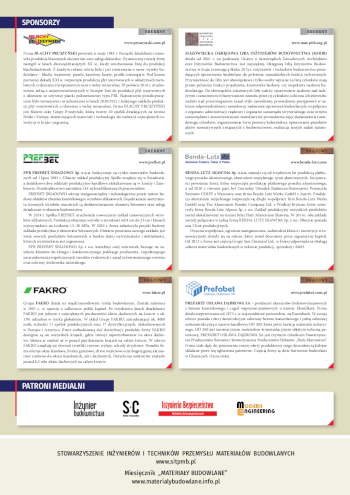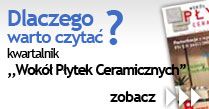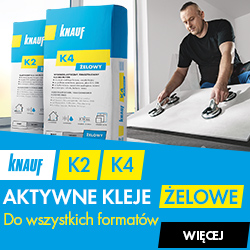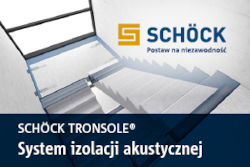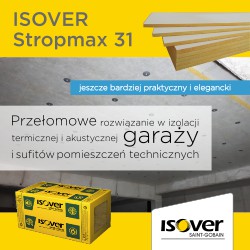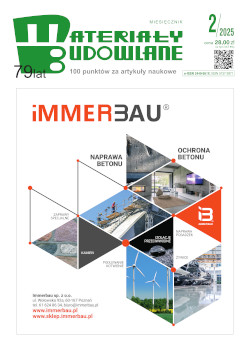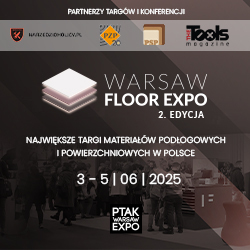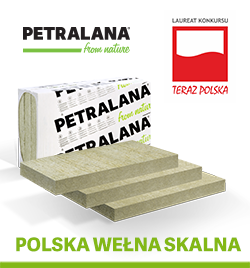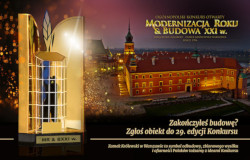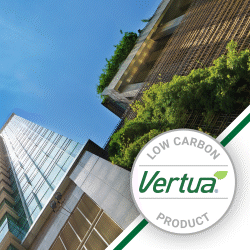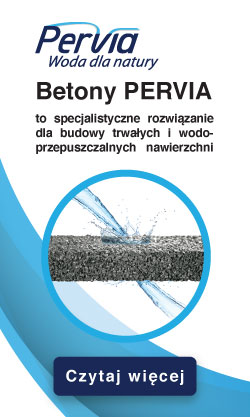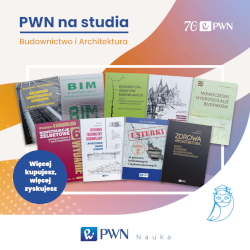prof. dr inż. Rostislav Drochytka
dr inż. Jiří Zach
W artykule Badanie oddziaływania wilgoci i temperatury na ABK, który został zaprezentowany podczas V Międzynarodowej Konferencji „Autoklawizowany Beton Komórkowy” (2011 r., Bydgoszcz), wykazano na podstawie badań, że ABK na popiołach lotnych jest bardziej wrażliwy na wilgoć niż ABK na bazie piasku, a tym samym w warunkach zawilgocenia szybciej traci swoje właściwości termoizolacyjne. Stwierdzono, że wartość współczynnika konwersji z uwagi na wilgoć określona wg EN ISO 10456 jest prawie dwukrotnie zawyżona.
W niniejszym opracowaniu przedstawiono badania oddziaływania wilgoci i temperatury na różne rodzaje ABK, zwłaszcza na zmiany właściwości termoizolacyjnych.
Słowa kluczowe: ABK, autoklawizowany beton komórkowy, przewodzenie ciepła, wilgoć, wilgotność sorpcyjna
***
The study of thermal and moisture behavior of AAC
In most cases, building materials contain, after their incorporation into a structure, a certain amount ofmoisture that affects their thermal insulation properties, mechanical properties and ultimately their life. In case of autoclaved aerted concrete (AAC), a large amount ofmoisture is introduced into thematerial already during its manufacture (shipping moisture of cellularconcrete products often exceeds 35%). After the erection of a building structure and starting its use, the amount of integrated moisture is often very high,which leads primarily to the degradation of thermal insulation properties. The paper deals with the study of thermal and moisture behavior of different types of AAC products formasonry structures, especially in terms of changes in thermal insulating properties of the materials depending on moisture content and also depending on temperature.
Materiały Budowlane 11/2013, strona 112-113 (spis treści >>)




